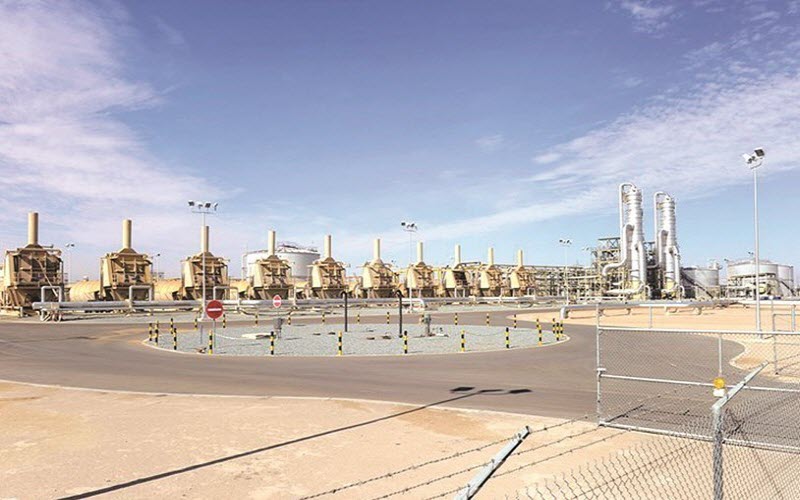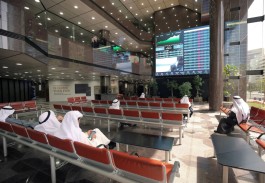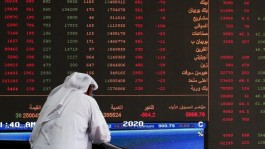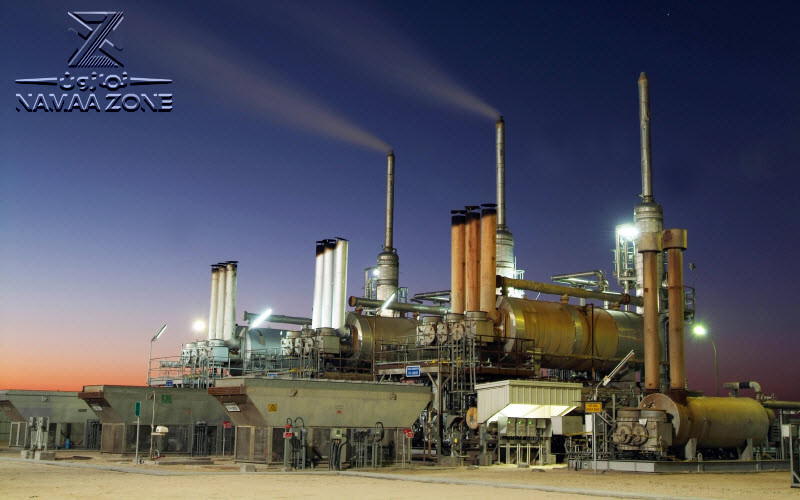(Special Report - Amazon)
<4 dir = "rtl" style = "text-align: justify;"> More than 4 years ago, the two oil fields located in the neutral areas on the border between Kuwait and Saudi Arabia were closed, where the Khafji field was closed in October 2014 for environmental reasons, while Al-Wafra field was closed in May 2015 due to operational obstacles.
The Kuwaiti-Saudi disputes over the Khafji field began in 2009, against the background of Saudi Arabia renewing the contract with Chevron Texaco for thirty years, without coordination with the Kuwaiti side, after that. The signed contract expired in 1959 and has lasted for the past fifty years.
The Kuwaiti side assumed at the time that renewing the contract with Chevron without returning to it required Saudi Arabia to export oil through Al Khafji operations, and not from the port of Al-Zour, which is located on the lands. Kuwaiti woman, because Kuwait is not a party to the agreement with Chevron, and no one took her opinion on it.

The region divided between the two countries exports three types of crude oil, the first being the Khafji crude that is being produced from offshore fields operated by the Joint Operations Company of Khafji, which is a 50/50 joint-stock company. Between Aramco Gulf Business and Kuwait Gulf Oil Company.
The other two types are raw materials of abundance and eosin, which are being produced from the common land fields between the two countries and managed by Chevron with a 30-year concession contract.
Some believe that the halting of operations in the two fields is due to political differences between the two Gulf allies, OPEC members, but others see that the issue is a first-class economic after the decline in oil prices since 2014, in addition to the environmental problems associated with operations in the two fields.

A report issued by the Kuwaiti Accounting Office late last year revealed that Kuwait incurred losses in excess of $ 15 billion due to the stoppage of production in the two fields, with a sum of $ 12.5 billion in lost production stoppages. In Al Khafji, about $ 2.9 billion in losses will stop production in abundance.
Since 2014 until now, everyone is eagerly awaiting the anticipated return of production from the divided region between the two brotherly countries during the current year, especially after the introduction of ...






































